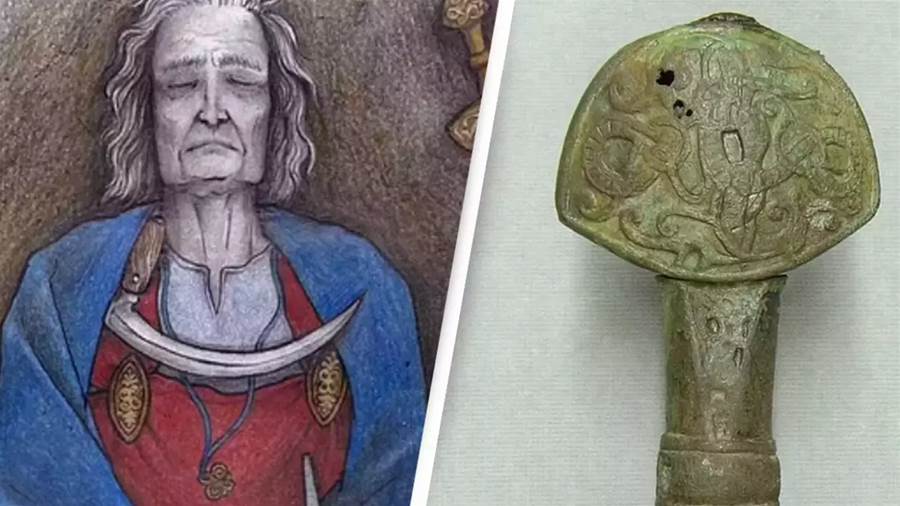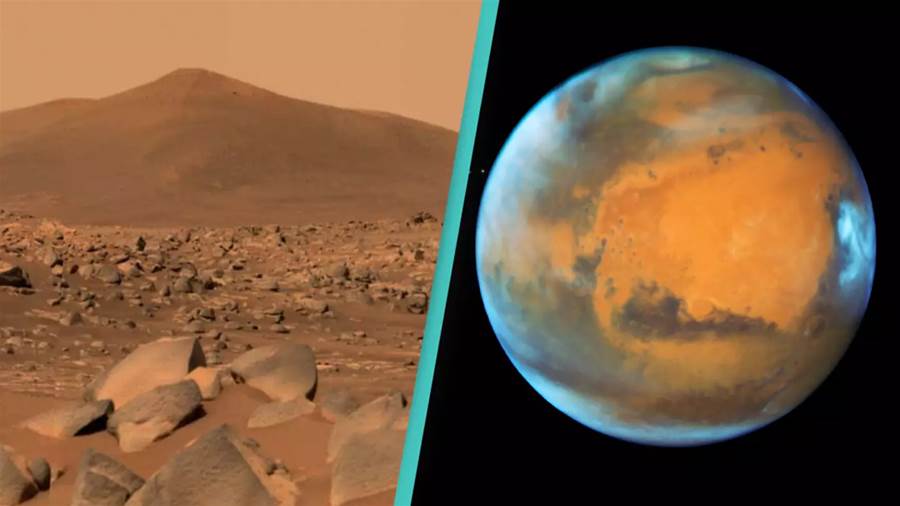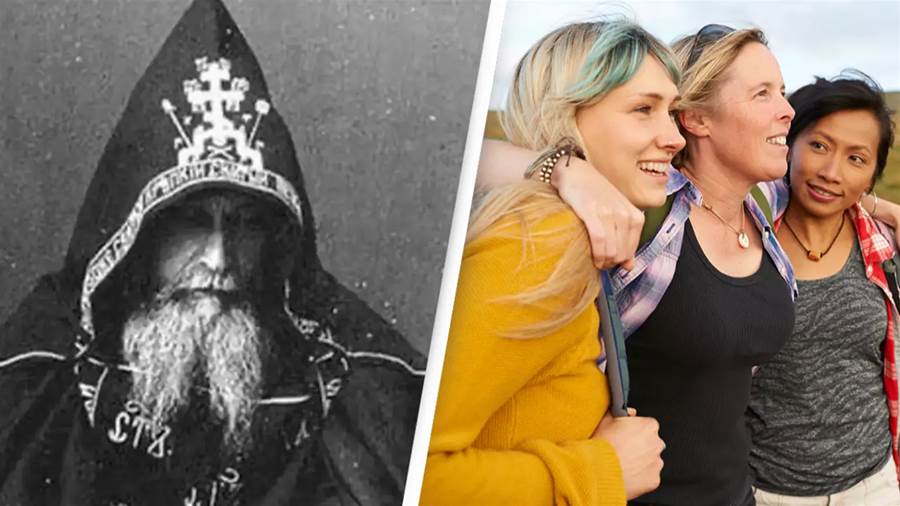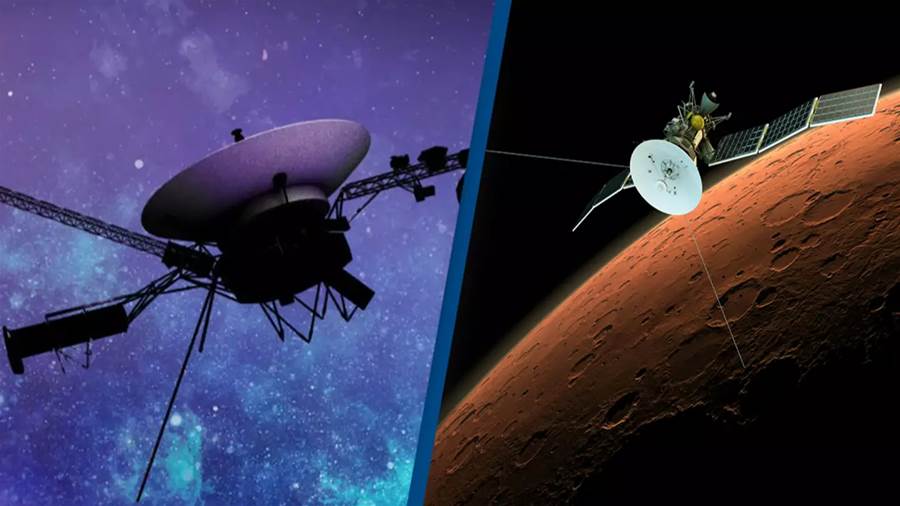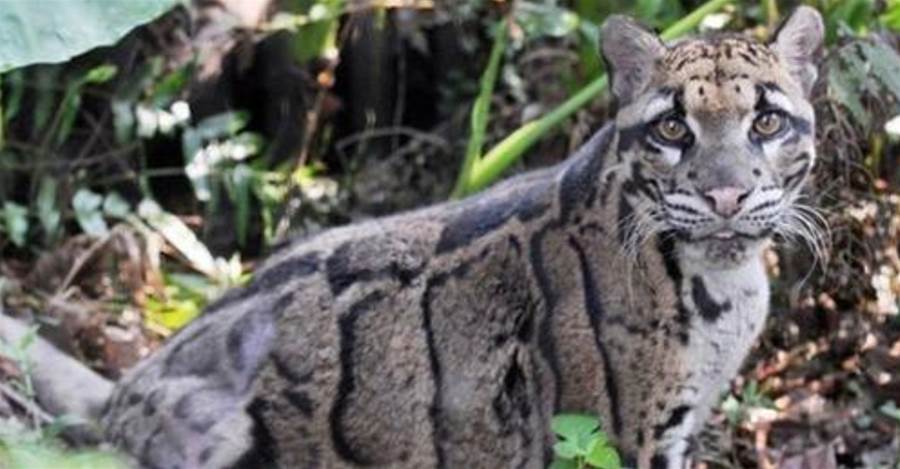
In a chilling chapter of scientific history, researchers reportedly created a human-chimpanzee hybrid, known as the ‘humanzee,’ only to euthanize it soon after. The moral and ethical implications were overwhelming, raising questions about the boundaries of human ingenuity—and its darker sides.
In 1871, Charles Darwin suggested that humans and African primates shared common origins, a theory that has shaped scientific thinking for generations. Over time, some researchers took this idea to an experimental extreme: what if they could blend human and chimpanzee traits to create a new species? Dubbed the ‘humanzee,’ the idea captured imaginations but also stoked ethical concerns. Despite the apparent risks, certain scientists pressed forward, seeking to blur the line between human and primate.

Ilya Ivanovich Ivanov, a Soviet biologist, was among the earliest known scientists to pursue human-primate hybridization in the 1920s. Ivanov's attempts were notorious for their audacity, yet he was far from alone. Throughout the 20th century, scientists explored similar hybridization experiments across the globe, each project fraught with questions that transcended the scientific.
What was humanity’s responsibility toward these potential beings? Could such an experiment be morally justified?
According to evolutionary psychologist Gordon Gallup, a ‘humanzee’ was created in a Florida lab where he once worked. Gallup’s claims reveal that scientists artificially inseminated a female chimpanzee with human sperm, resulting in a live birth.
The success of the experiment left the researchers stunned—and soon terrified by the consequences of their creation. Though Gallup did not directly witness the incident, he recounted the story years later, noting that the decision to end the life of the infant hybrid came swiftly.
Gallup explained, “The pregnancy went full term and resulted in a live birth. But in a matter of days, or a few weeks, they began to consider the moral and ethical implications, and the infant was euthanized.
” This account of early genetic experimentation illustrates the duality of scientific curiosity: while exploring the limits of biology, researchers faced the pressing moral question of what to do with a being that stood on the line between human and animal.

Though Gallup’s revelation shocked many, attempts at hybrid experiments have persisted into the 21st century. Recently, Spanish scientist Juan Carlos Izpisúa Belmonte claimed to have successfully grown a human-monkey hybrid embryo in a Chinese laboratory. Although the embryo was viable, scientists ultimately terminated the process before it developed further. For modern researchers, the aim is no longer to create new species but to understand how human organs might grow within other species to address transplant shortages.
These experiments, while seemingly more focused, still echo the ethical dilemmas of earlier hybrid attempts.
The alleged creation of the ‘humanzee’ has ignited debates about the ethical limits of science. Hybridizing species can lead to profound insights about evolution, organ growth, and self-awareness in primates. However, such experiments raise questions: What rights do these hybrids have? Should humanity bear responsibility for creating a life that exists between two worlds? In the original Florida experiment, scientists chose to end the life of the hybrid rather than face these uncertainties, underscoring the discomfort around creating a species that blurs human identity.

Despite the unsettling nature of Gallup’s account, the use of primate embryos in research has continued. Researchers still rely on monkey embryos to study human organ development in hopes of growing organs for transplantation. In some recent studies, scientists have managed to cultivate embryos outside the womb for up to 25 days, pushing the boundaries of what’s biologically feasible.
These advancements suggest a future where human organs could be grown in other species, yet also demand a fresh look at the moral costs of such experiments.
Could humanity benefit from species hybrids, or are we crossing lines that should never be blurred? Share your thoughts below—this is a conversation with profound implications for the future of science and ethics.








